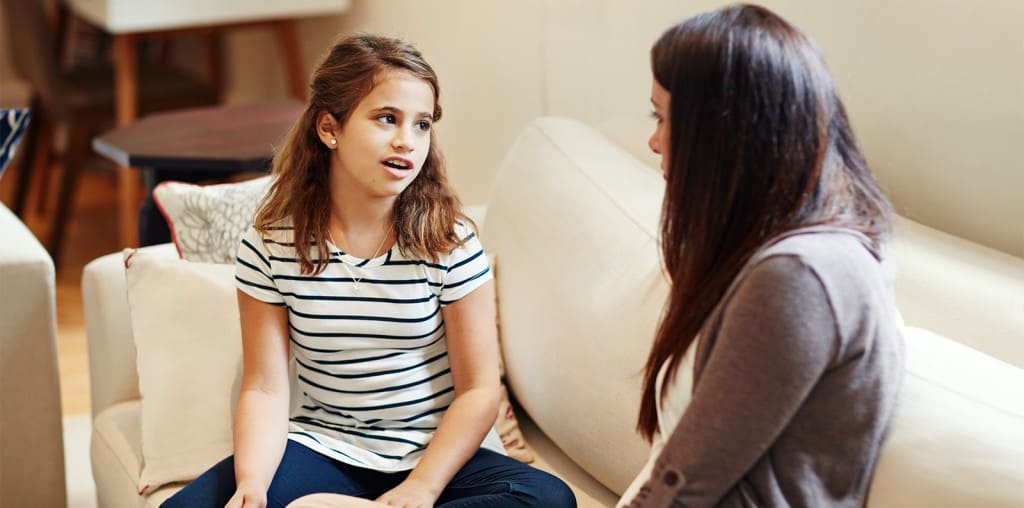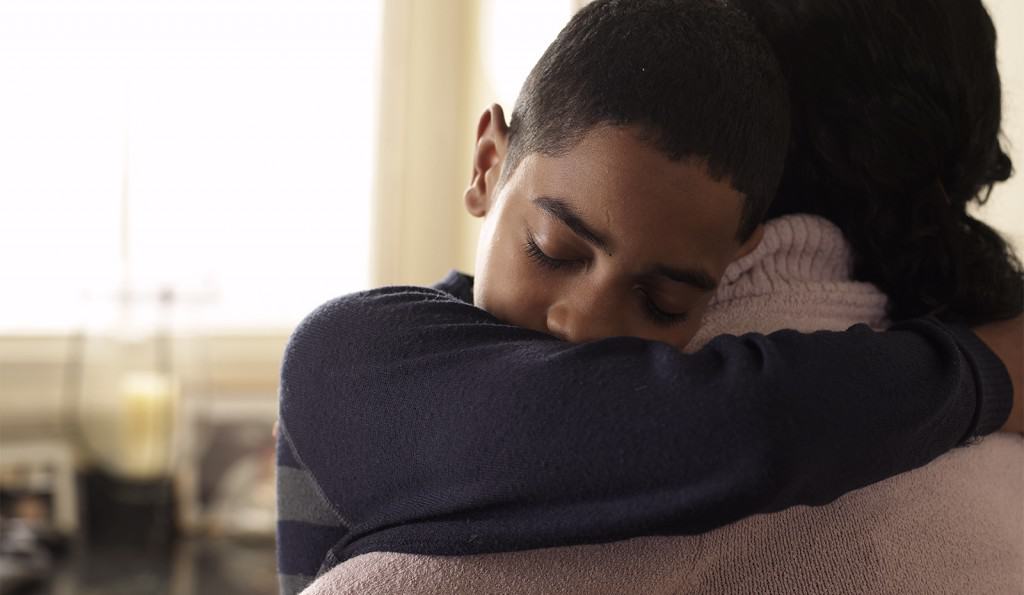Talking to a Child About Sexual Abuse
Para Español
Talking with your child about rape and sexual abuse can seem overwhelming, but it may be one of the most important talks you have with them. Whether your child is telling you that something has happened, or this is just a normal talk, here are some important things to keep in mind before you talk to your child.
Create a safe and comfortable environment:
- Breathe. This can be a difficult topic to talk about. Take a few deep breaths before you begin.
- Listen. Let your child lead. Giving them control over the conversation will make them feel more comfortable.
- Affirm. Let them know that you’re listening. Don’t tune out or just “wait for your turn to talk.”
- Believe. It’s critical that you believe your child. They’re trusting you with this information, and that’s a big responsibility.
- Be Judgement-Free. If your child feels blamed for what happened, they may not want to talk about it. Similarly, if they feel like you as the parent are hard to talk to, they’ll stay silent.
- Be Mindful of Tone & Posture. Speak softly, trying not to raise your voice or use your “parent voice.” Body language matters, too. Face your child head-on at eye level, avoid standing over them.
Keep in mind:
- Content. Choosing what to talk about matters. Talk to your child about good touching and bad touching. A stranger touching them is different than a doctor’s appointment, for example. Ask them if they feel like someone is picking on them or bullying them. Use correct vocabulary for body parts and anatomy. Your child may have heard these words but not recognized them.
- Accidental Disclosures. Children are likelier to disclose abuse by accident, since they may be confused about what has happened to them. If this happens, take a moment and breathe, listen, affirm, and believe the child.*
- Girls are More Likely to Disclose than Boys. If you think something has happened, but your child hasn’t said anything, consider this factor. It’s important to make sure your child knows that they can talk to you.*
- Check In Afterwards. Make sure that you’re still ok after the disclosure, as well as your child. These conversations can be stressful. Remember: you can’t help someone else if you need help, too.
- Following these tips can make all the difference for you and your child. Most of all, let your child know that they’re safe. They may be scared, confused, or feeling alone, so a feeling of safety will help them open up to you.
Download a printable PDF version of How Do I Talk to My Child About Sexual Abuse?
Child and Family Services
Healing is possible. Learn about our services for children and primary caregivers of children exposed to rape, sexual abuse, or sex trafficking.
Additional Resources For Talking With Your Child:
- 5 books to help teach your child about healthy boundaries
- 24-Hour Crisis and Support Hotline: (216) 619-6192 or (440) 423-2020 or clevelandrapecrisis.org/chat
- Darkness to Light
- Stop It Now
Hablar con un niño para prevnir el abuso sexual


